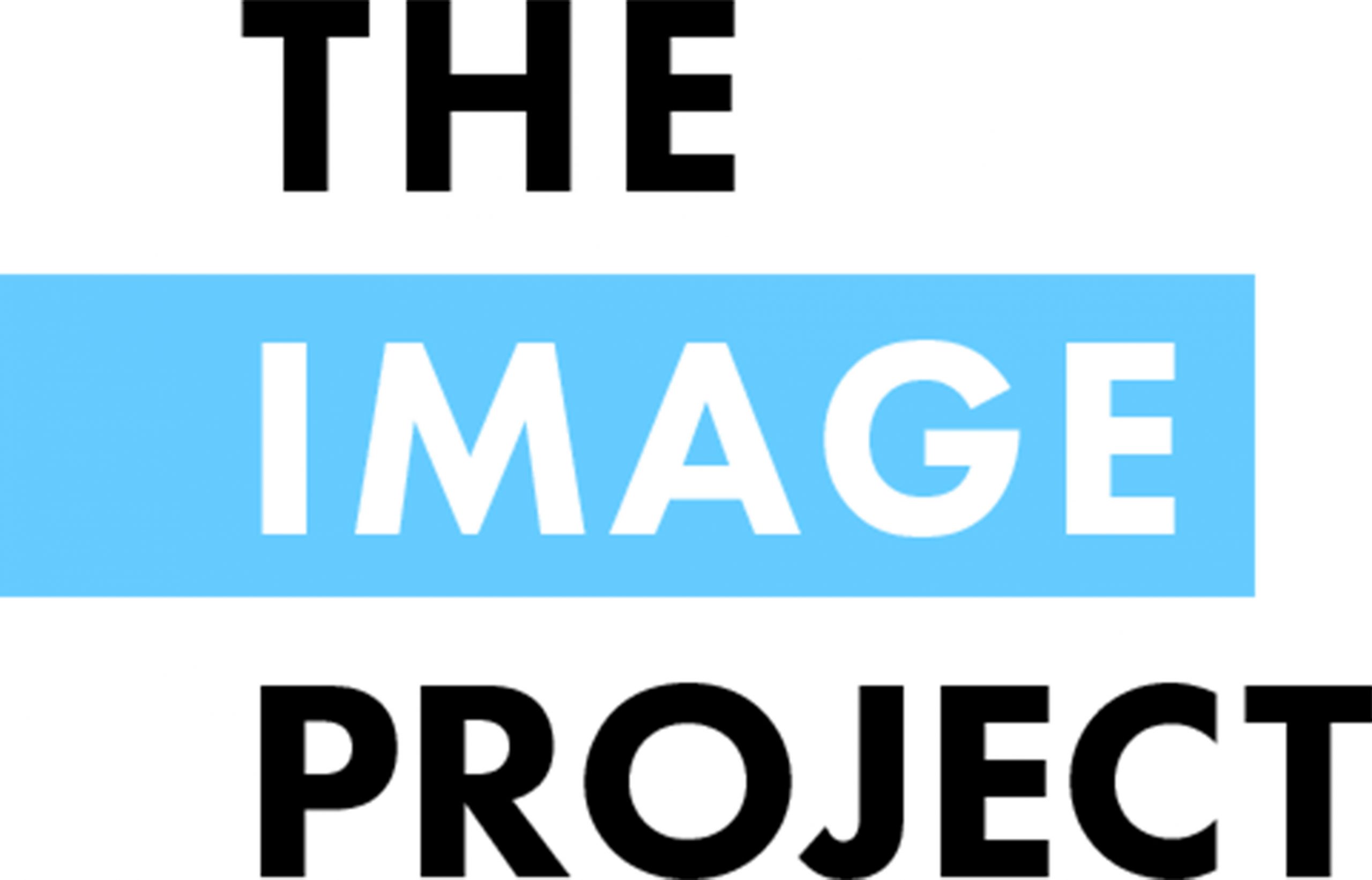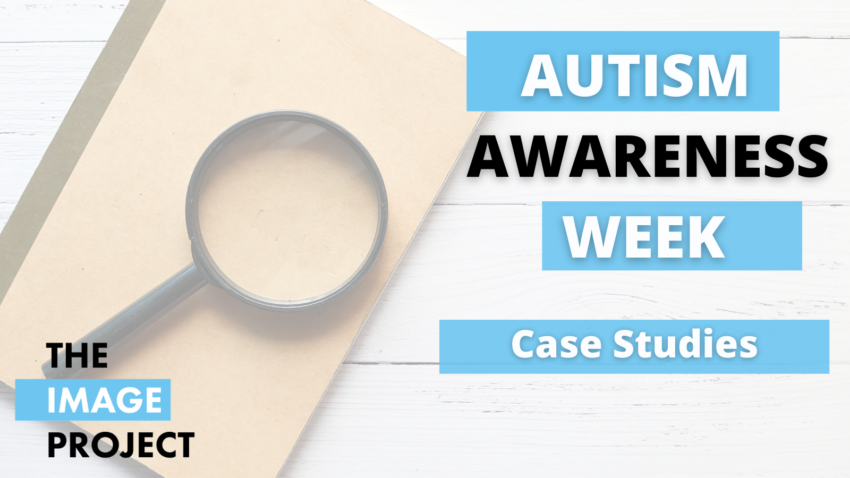All good things must come to an end. Last but not least we want to take a look at case studies that we have gathered during our research.
Over the last few months, researchers at IMAGE have been conducting interviews with students, graduates, university support groups, job coaches and more, to find examples of good support and success stories for autistic students and graduates.
These case studies will be included in our Good Practice Guides for Careers Advisors, Employers and Higher Education Managers to inspire and illustrate what is possible so that future generations of autistic university graduates can thrive. These case studies provide tips on how you can make your work or organisational practices more autism friendly.
Here we summarise the main tips for each of the stakeholder groups:
Careers Advisors:
- Extend the offer of your support to graduates, beyond them leaving university.
- Run individualised careers support alongside group sessions.
- Engage with employers. Many companies are eager to get involved in diversity and inclusion.
Employers:
- Break down assumptions and challenge stereotypes, take the time to understand the person you have employed as an individual rather than a diagnosis.
- Nominate a single point of contact for the autistic employee to talk about support, progress, challenges etc. That person can then liaise with HR, managers and co-workers.
- Encourage the disclosure of a disability, with a clear pathway of how to do this.
- Allow time for the autistic employee to transition in to work, this may include an extended workplace induction.
- Be patient and understanding.
Higher Education Managers:
- Review your campus environment and look to include calm spaces and sensory spaces.
- Involve autistic students in the design of autism specific programmes, supports and environments.
- Allow for liaison between careers advisors and disability support, combining their strength and knowledge.
- Start with small changes which are easily accomplished, then move on to bigger organisational changes.
Autistic Students and Graduates:
- Don’t be afraid of disclosing your diagnosis. Being explicit about your diagnosis and how it affects you can help you communicate with your employer and help them gain an understanding of how to support you.
- Identify your personal strengths and emphasise these on your job applications.
- Be open and honest about what accommodations you may need e.g. frequent breaks, wearing headphones etc. and explain how this will increase your productivity.

